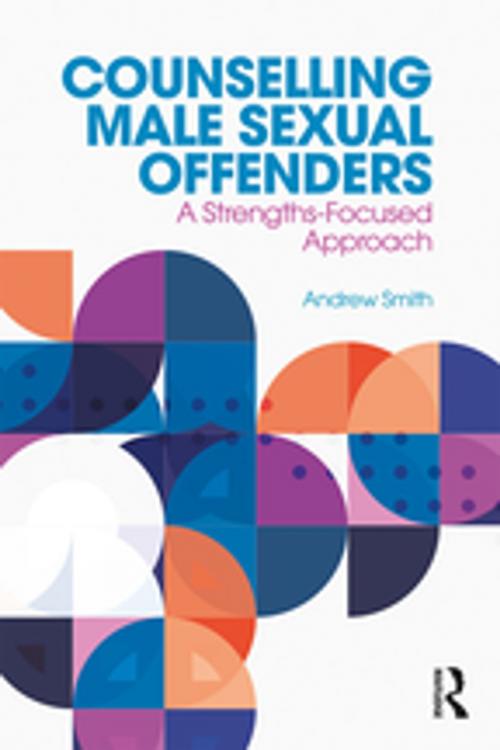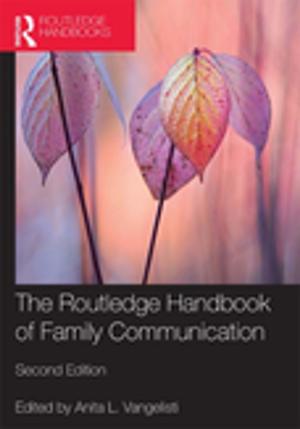Counselling Male Sexual Offenders
A Strengths-Focused Approach
Nonfiction, Health & Well Being, Psychology, Counselling, Mental Health| Author: | Andrew Smith | ISBN: | 9781351665278 |
| Publisher: | Taylor and Francis | Publication: | November 22, 2017 |
| Imprint: | Routledge | Language: | English |
| Author: | Andrew Smith |
| ISBN: | 9781351665278 |
| Publisher: | Taylor and Francis |
| Publication: | November 22, 2017 |
| Imprint: | Routledge |
| Language: | English |
Counselling Male Sexual Offenders: A Strengths-Focused Approach informs readers how to utilize an easily accessible, integrative, strengths-focused counselling approach with men who pose a sexual risk. There is currently a scarcity of published material which teaches people in a practical way how to conduct one-to-one counselling with different sorts of male sex offenders. However, as the number of internet offenders increases exponentially and more historic abuse cases emerge, understanding and treating the phenomenon of sex offending can play a significant role in preventing sexual crime and reducing harm to victims.
In addition to being a ‘how to do book’, in Counselling Male Sexual Offenders the author explores at depth the inner processes of counsellors working with this client group. It presents treatment formats and exercises for engaging individuals who deny and minimize harmful sexual behaviour. With illustrative case studies of various types of sex offenders – as well as statements from sex offenders and probation officers themselves – this text provides one of the most comprehensive insights available into the authentic experience of treating this population.
Counselling Male Sexual Offenders will be of value to counsellors and psychotherapists, alongside other practitioners such as psychologists, social workers, probation officers, and support workers.
Counselling Male Sexual Offenders: A Strengths-Focused Approach informs readers how to utilize an easily accessible, integrative, strengths-focused counselling approach with men who pose a sexual risk. There is currently a scarcity of published material which teaches people in a practical way how to conduct one-to-one counselling with different sorts of male sex offenders. However, as the number of internet offenders increases exponentially and more historic abuse cases emerge, understanding and treating the phenomenon of sex offending can play a significant role in preventing sexual crime and reducing harm to victims.
In addition to being a ‘how to do book’, in Counselling Male Sexual Offenders the author explores at depth the inner processes of counsellors working with this client group. It presents treatment formats and exercises for engaging individuals who deny and minimize harmful sexual behaviour. With illustrative case studies of various types of sex offenders – as well as statements from sex offenders and probation officers themselves – this text provides one of the most comprehensive insights available into the authentic experience of treating this population.
Counselling Male Sexual Offenders will be of value to counsellors and psychotherapists, alongside other practitioners such as psychologists, social workers, probation officers, and support workers.















